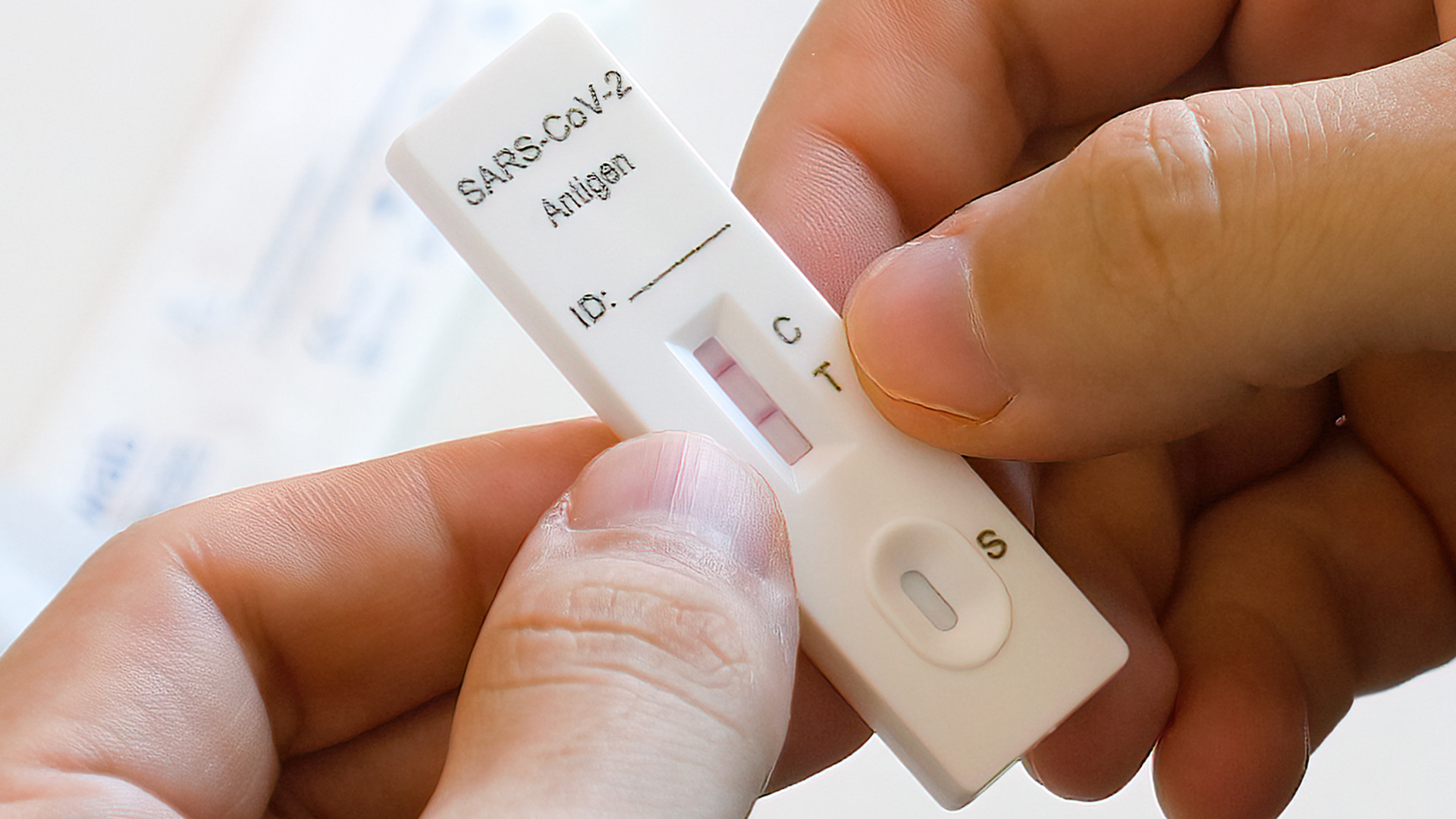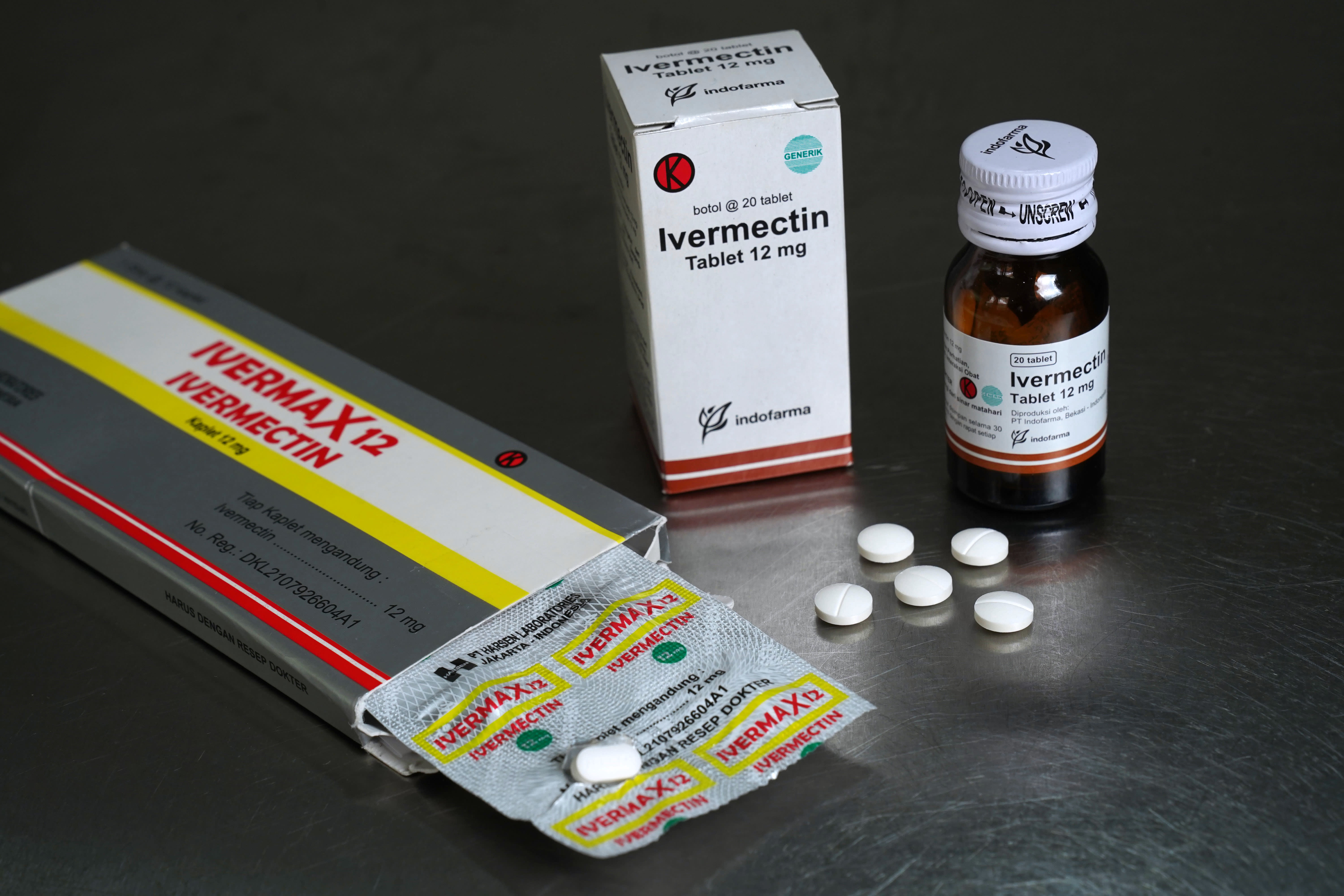While those who contract COVID-19 may come down with one of more than 20 symptoms, that isn't the case for everyone. Some people who test positive can develop multiple symptoms while others may not even experience any.
And if you do come down with COVID after having it another time before, the symptoms you have - and severity of them - may be drastically different than the other time you were infected. As revealed by a recent study, there may be a reason for that.
The most common symptoms have recently changed, according to the Zoe Health Study, which found the symptoms a person experiences typically differ depending on whether they've been fully vaccinated, have received one dose of the COVID vaccine or haven't been vaccinated at all.
The study, originally launched by researchers in the U.K., compiled data from its ZOE COVID Study app, which millions of people worldwide, including in the U.S., used to relay what symptoms they experienced.
In a March 2021 article, researchers said 69% of study participants reported one of three "core" symptoms - cough, fever or loss or change in smell. They noted, however, that testing people who developed one of seven symptoms, not just three, would detect 96% of symptomatic infections. Those seven symptoms were cough, fever, loss of smell, fatigue, sore throat, headache and diarrhea.
In results of the most recent study, researchers said generally people who had been vaccinated, and others who hadn't, reported the same symptoms. The difference, however, is that those who already had at least one COVID shot reported fewer symptoms over a shorter period of time.
Ranked in order of occurrence, here are the newest COVID symptoms reported after two COVID shots:
- Sore throat
- Runny nose
- Blocked nose
- Persistent cough
- Headache
While they're still reported by some people with COVID, loss of smell, shortness of breath and fever ranked further down on the list than before, according to the researchers. In addition, with the most recent study, people who had been vaccinated and then tested positive for COVID-19 were more likely to report sneezing.
When looking at those who have gotten one COVID shot, he ranking changes with headache the most often-reported symptom. The full list is below:
Feeling out of the loop? We'll catch you up on the Chicago news you need to know. Sign up for the weekly> Chicago Catch-Up newsletter.
- Headache
- Runny nose
- Sore throat
- Sneezing
- Persistent cough
The symptoms felt by those who haven't been vaccinated are similar to the ones experience by people who've received two vaccine doses. However, they remain different from the symptoms most commonly reported at the beginning of the pandemic. Here are the most common symptoms reported by people who haven't been vaccinated:
- Headache
- Sore throat
- Runny nose
- Fever
- Persistent cough
Those who have been vaccinated and tested positive for COVID were more likely to report sneezing as a symptom - compared to those who haven't gotten vaccine, the research revealed. If you have been vaccinated and start sneezing often, it's suggested you get tested.
The Centers for Disease Control and Prevention website outlines symptoms of COVID, explaining people may report a wide range of symptoms, some of which aren't included on its page.
Here is the list of possible symptoms, as of Aug. 11, according to the CDC.
- Fever or chills
- Cough
- Shortness of breath or difficulty breathing
- Fatigue
- Muscle or body aches
- Headache
- New loss of taste or smell
- Sore throat
- Congestion or runny nose
- Nausea or vomiting
- Diarrhea
The CDC noted it will continue to update the list as more is learned about COVID-19.
So, why have the most common symptoms changed compared to years past?
Researchers concluded there may be a few reasons, such as the fact that those who have been vaccinated experience less severe symptoms, along with an increase in cases being reported by younger people. Compared to those at an older age, younger individuals typically experience different and less severe symptoms, according to the study.




